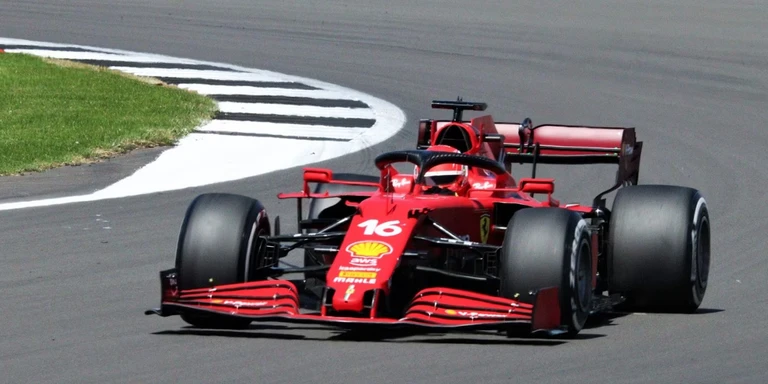James Vowles taking over as Williams Team Principal was one of the big stories of the winter. It showed Toto Wolff’s eagerness to let his people grow. And it also marked the end of Vowles’ term as the Chief Strategist for Mercedes. A few months on, they both had their first public disagreement around F1’s current cost cap.
A Culture Shock at Williams
James Vowles left a team that had won 8 straight constructor’s titles and went to one which has been near the bottom for a few years. The culture shock was always going to be there. However, it wasn’t the team culture that shocked him. It was the outdated infrastructure. According to him, some of the infrastructure is decades behind the top teams in F1.
Also Read: Mercedes glory days to return as team closer to finding sweet spot for W15
This usually happens when a team doesn’t have a steady flow of investment. Williams can’t solve this is in a short period. They will need a few years and a lot of new investment to just turn things around. According to James Vowles, even the littlest of performance gains due to improved infrastructure will come after 3 years. Fighting at the top will come later.

Big Teams say No
This is why he was understandably annoyed at the big teams in F1 for denying cost cap exceptions. Without those exceptions, the current teams can’t catch up to the top team’s facilities. According to James, every time a vote was taken, there were two clear sides at the table.
Also Read: Mercedes CTO Mike Elliott reveals reason behind Porpoising return at Spa
Toto Wolff said things went out of control
Toto Wolff presented the opposing view of these discussions. The Mercedes Boss admitted things started well with Williams asking for trivial exceptions. According to him, the discussions went haywire when other teams started demanding all sorts of exceptions.
Toto said there was even a mention of changing the Capital Expenditure levels altogether. Once you hear this side of the story, both sides seem correct in their stance. However, F1 does have to put a plan in place to resolve this issue. Current parity won’t be helpful if institutional disadvantages remain. They need to think and think fast.
Editor's Pick
 Cricket
Abhishek Sharma backs Shubman Gill & Suryakumar Yadav to win matches at T20 World Cup
Cricket
Abhishek Sharma backs Shubman Gill & Suryakumar Yadav to win matches at T20 World Cup
















































